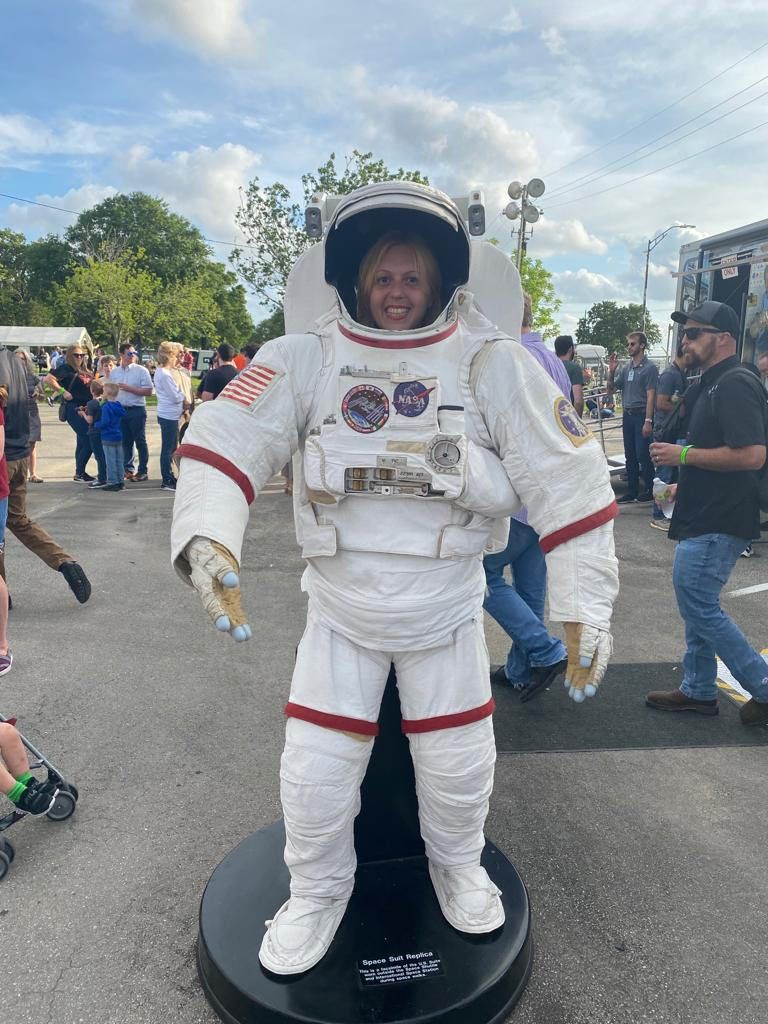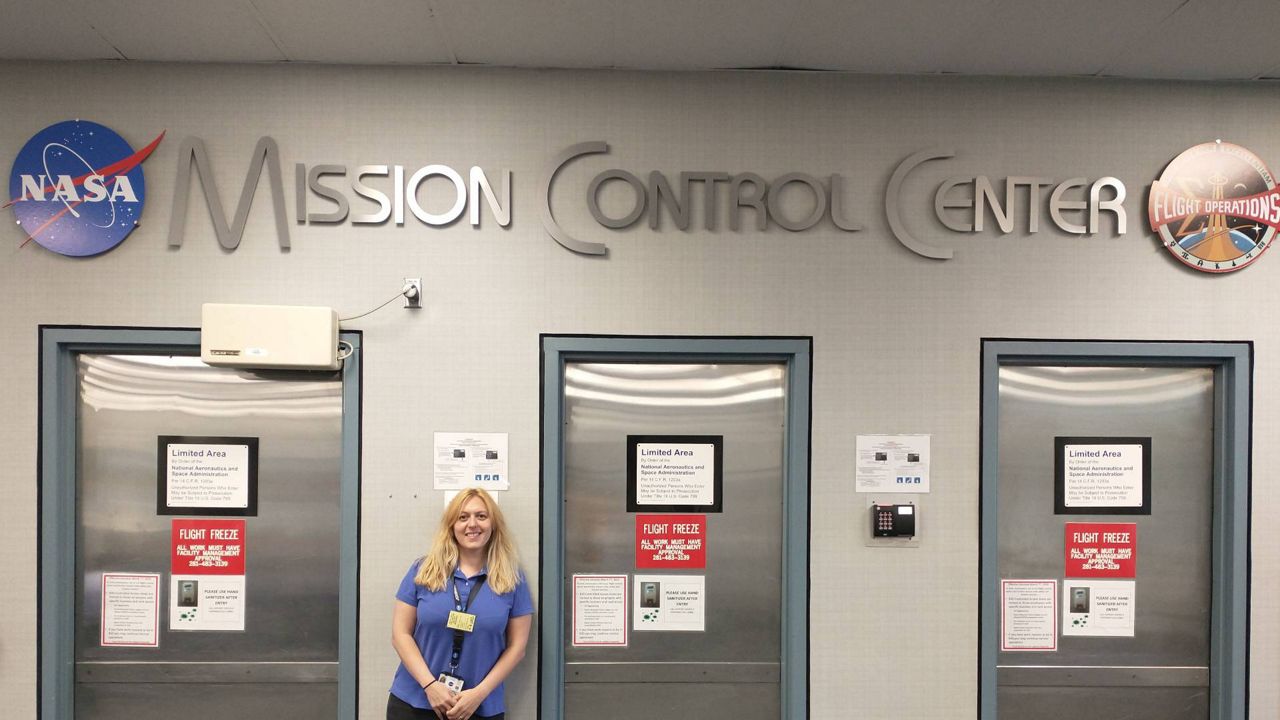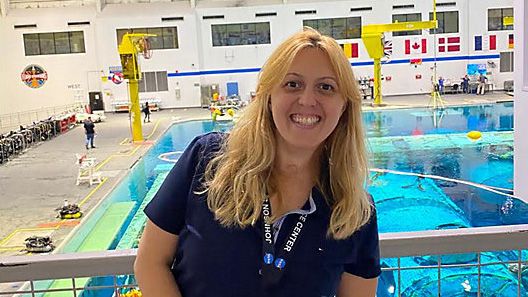TAMPA, Fla. — Dr. Begum Mathyk envisions a time in the future where space travel is more common, with more people leaving Earth’s atmosphere and venturing elsewhere.
“I’m talking especially deep-space missions, where you go farther than the International Space Station,” Mathyk said. “Moon missions, Mars missions, any place we’d like to explore.”
Mathyk, an OB-GYN and assistant professor in the Department of Obstetrics and Gynecology at the University of South Florida, wants to play a unique role in that space exploration. She wants to make sure women are healthy after they blast off.
She is now devoting much of her research to understanding how space travel can impact a women’s fertility, pregnancies, estrogen levels and cancer risk. She said her biggest discovery so far is that a woman’s estrogen receptor genes change during space flight.
Mathyk, born in Turkey, grew up fascinated by space as a child. Now as an adult, she has merged that fascination with her medical knowledge to focus on female astronauts.

“I live in Florida. I’m watching new missions every day on TV. I’m practicing as an obstetrician and gynecologist. I’m taking care of women on Earth. Then it just triggered my curiosity again and my love for science and space, so I wanted to study this field,” she said.
Mathyk is actively involved in NASA’s GeneLab and a member of the NASA STAR course fellow program, focused on studying space biology. She attended the Aerospace Medical Program in Houston. She has also written extensively on the affect space can have on the female body.

It’s a topic NASA has not always focused on, in part, because males have dominated the field. But that has changed as more women become astronauts, and Mathyk says it’s important to have conversations about how space travel will affect women differently.
“It’s OK to ask questions and learn about how the body works,” she said, noting that some people have felt embarrassed about having these conversations.
Mathyk is not, and she plans to keep having them.



